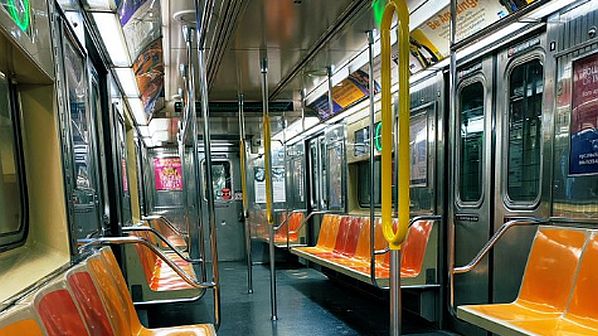The US House of Representatives is expected to pass the Coronavirus Aid, Relief and Economic Security Cares Act (Cares) on March 27 and president Trump says he will sign it into law.
A substantial part of the Cares Act contains specific provisions for rail and other transport modes. In summary, Cares provides:
- Transit: $US 24.9bn for grants to transit agencies nationwide to ensure continued operation of transit services. It also eliminates any requirement that transit agencies use their own funds to receive federal assistance, and maintains key worker protections. The legislation will allocate $US 22.7bn for large and small urban areas and $US 2.2bn for rural areas.
- Transit Infrastructure Grants: $US 25bn awarded based on 2020 financial year allocations for Urbanised Area Formula Grants, Non-urbanised Area Formula Grants, State of Good Repair and High Density and Growing States.
- Amtrak:$US 1.02bn to support Amtrak’s ability to operate passenger rail services on the Northeast Corridor ($US 492m) and the rest of the national network ($US 526m) and protect Amtrak workers.
- States: $US 239m to cover the cost of making Fast Act-required payments to Amtrak for state-supported routes.
- US Department of Transportation (DOT) operations: $US 31.3m in budgetary resources to support its activities. Federal Railroad Administration (FRA) Safety and Operations receives $US 250,000 available until September 30 2021, to prevent, prepare for and respond to the coronavirus.
- Railroad Unemployment Insurance: Enhanced benefits and extended unemployment benefits. The bill waives the seven-day waiting period for filing, increases benefits to $US 600 per week until July 2020, and allows the Railroad Retirement Board (RRB) to utilise approximately $US 130m in leftover American Reinvestment and Recovery Act of 2009 funds to be accessed for extended benefits until December 2020. It also provides RRB $US 5m in administrative costs.
The US railway industry, led by the Association of American Railroads (AAR), the American Short Line and Regional Railroad Association (ASLRRA) and the American Public Transportation Association (Apta), as well as the four supplier trade associations (RSI, RSSI, REMSA, NRC) worked closely with the US DOT to communicate to Congress what their needs are.
Critical funding
Continuing the funding stream is critical for transit agencies. Farebox revenue primarily funds operation, but many agencies often find themselves in the position of having to use capital dollars to supplement operating revenue shortfalls.
In many cases, operating subsidies have been cut back by government and now, due to the coronavirus, farebox revenues are down by as much as 90%. Transit infrastructure grants may go to transit agencies, but the funds are primarily used to award contracts to suppliers and consultants.

